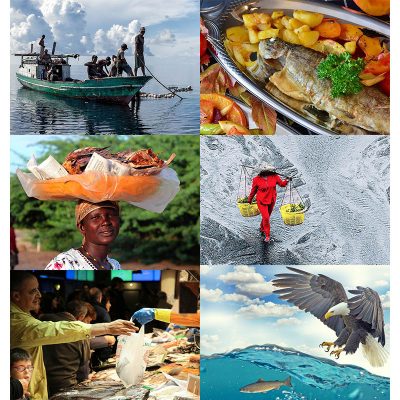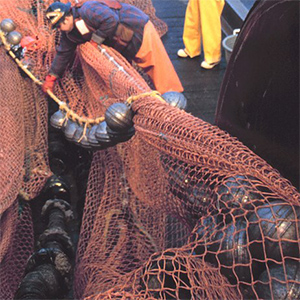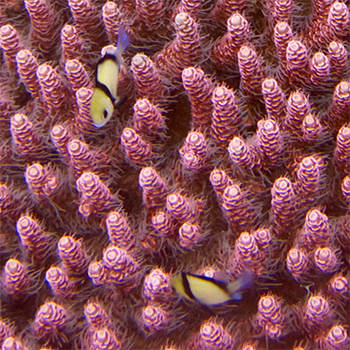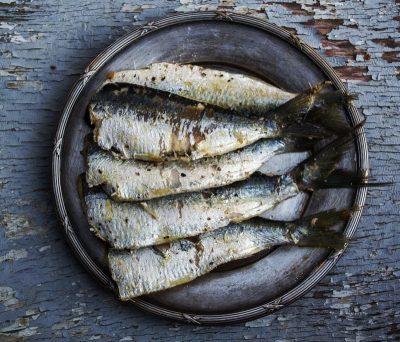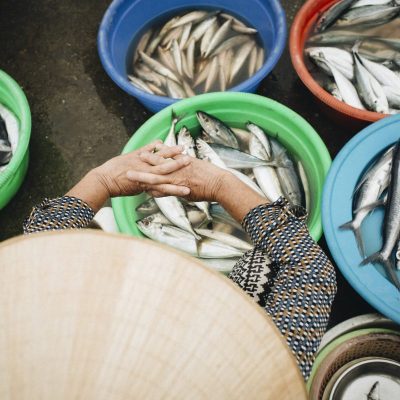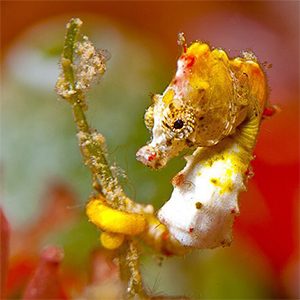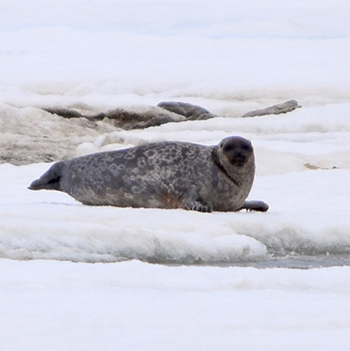Towards sustainable, resilient and just food systems and the role of aquatic foods
Video now available for viewing!
Dr. Daniel Pauly’s extraordinary life and work revealed in new book
Dr. Daniel Pauly is the world’s most-cited fisheries scientist, but life for the UBC professor has been far from easy. Now, readers can learn more in his biography, The Ocean’s Whistleblower.
Countries likely missing out on revenue from catch share fisheries
Despite harvesting an estimated global value of US$17.7 billion worth of fish, many catch share fisheries may be paying little or no royalties on their harvests, with countries likely foregoing this potential source of revenue.
Coral reefs are 50% less able to provide food, jobs, and climate protection than in 1950s, putting millions at risk
Global coverage of living corals had declined by about half since the 1950s and consequently, the diversity of species had also declined, by more than 60%.
Global demand for aquatic foods set to nearly double by 2050
Improvements to aquaculture production, lower prices, and changing cultural preferences expected to drive up demand for fish, seafood and seaweed, according to new research.
Climate change creates ‘double jeopardy’ for fish-dependent countries, finds first study of its kind
A new study highlights the importance of collective action to boost resilience across all aquatic food systems to stave off the worst effects of climate change.
FCRR: Identifying national conservation status, legislation and priorities for syngnathid fishes globally
This research, conducted by Project Seahorse, provides in-depth assessments on the gaps in global extinction risk assessments with particular focus on Syngnathid fishes (seahorses, pipefishes, pipehorses, and seadragons).
Food for seals and other Arctic predators is shrinking — literally
Unchecked climate change may leave some Arctic predators, such as seals and whales, surviving off of marine “junk food”.
